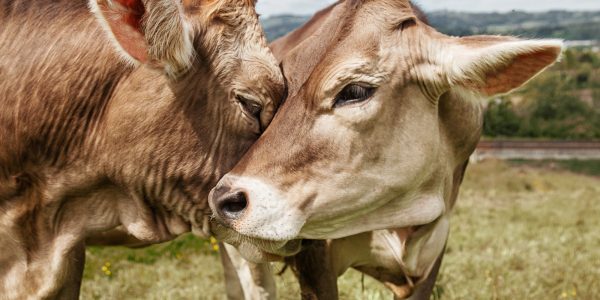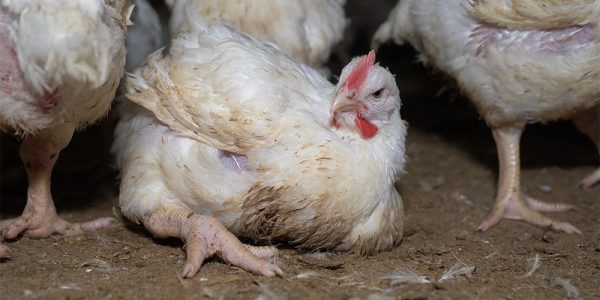Did you know over 10 million Australian lambs don’t survive their first winter?
A tiny lamb born in a fenced paddock has to fight to survive bone-chilling elements. Too small and weak to keep warm by herself, her mother’s efforts to protect her from cold temperatures, wind, and rain, often aren’t enough. She may not even survive her first 48 hours of life.
Estimates of how many lambs die before they are slaughtered range from 10 million to as many as 15 million (paywall) every single year in Australia.
The Australian meat and wool industry accepts these losses “of stock” as part of doing business. Shockingly, over 80% of these deaths are the result of preventable farm management practices including not providing adequate shelter, and breeding for multiple births which can lead to starvation or mis-mothering.









